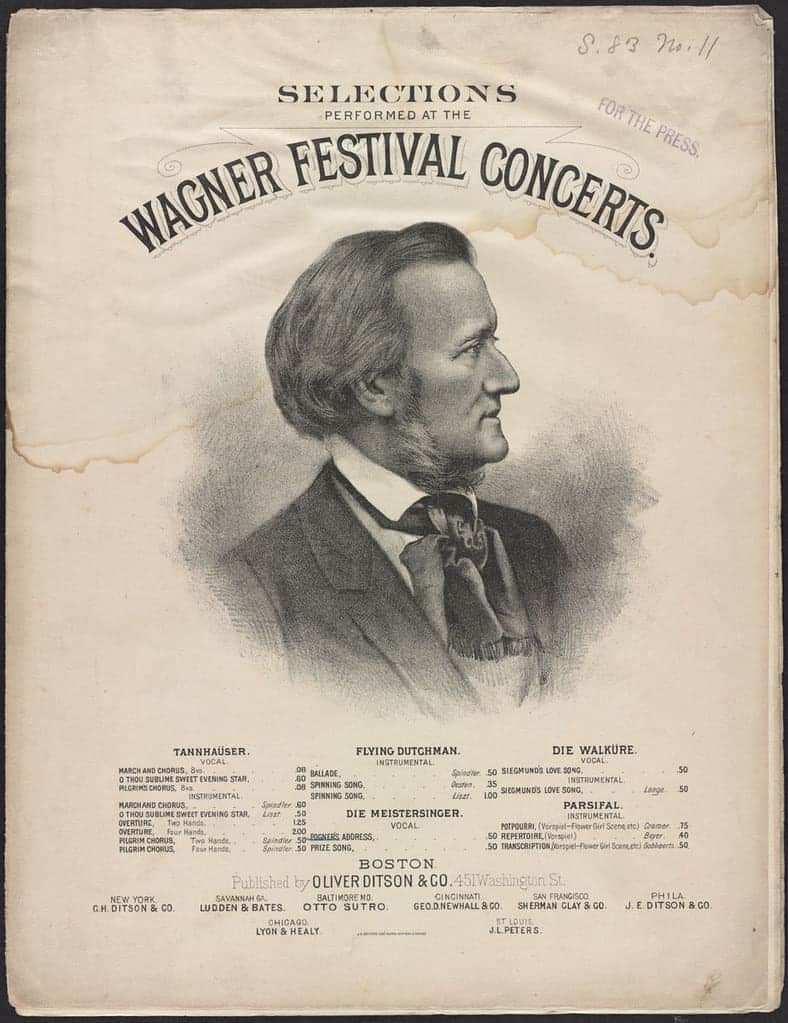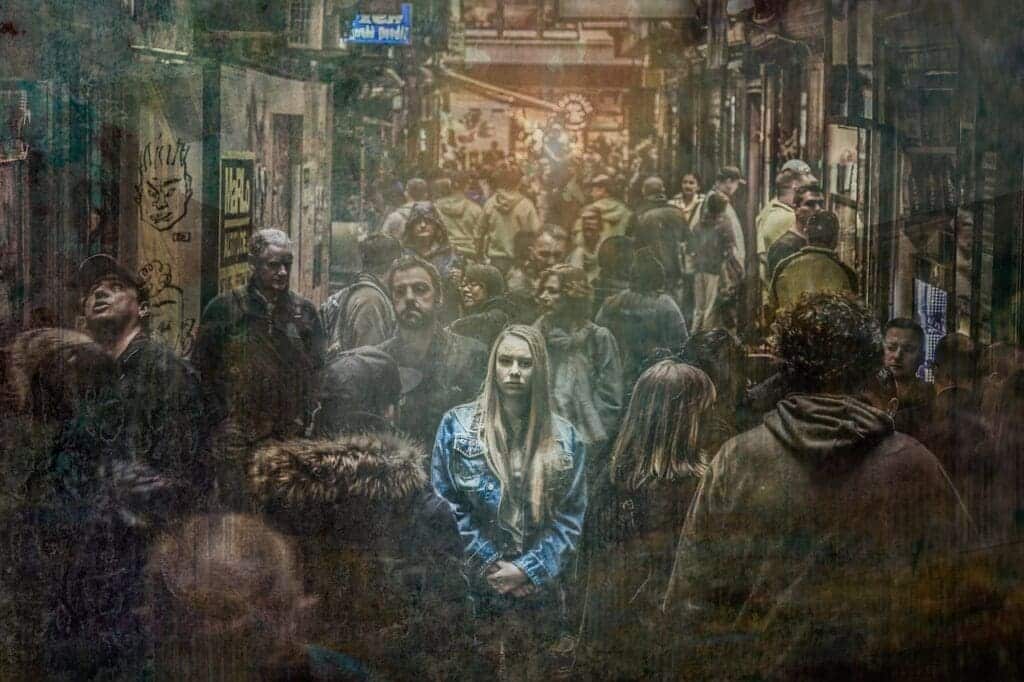I have just added a new poem titled “Crowd,” whose inspirational theme stems from observing the everyday life of an undistinguished mass of individuals who, in the grip of assimilated alienation, live their lives following a script that has never been read and understood.
Link to the poem “Crowd”
Note on the alienation and commodification of art.
Alienation and commodification in art have long been topics of philosophical discourse, with renowned thinkers delving into the complexity of these concepts. Philosophers such as Karl Marx and Theodor Adorno have explored the implications of alienation in art, pointing out how the capitalist system can separate artists from the true essence of their work.
Poets such as Charles Baudelaire and Arthur Rimbaud also grappled with the concept of commodification in art, expressing concern about how commercial interests can dilute the authenticity and integrity of artistic expression. Their works often reflect a deep sense of unease with the increasing commercialization of art.

In the realm of music, Richard Wagner first, followed by modern and contemporary musicians such as Bob Dylan and Nina Simone, used their art to challenge the commodification of music and to address issues of alienation in society. Through their lyrics and melodies, they sought to evoke emotions and provoke critical reflection on the impact of commodification on the creative process.
Overall, the philosophical concepts associated with artistic alienation and commodification reveal the intricate relationship between art, commerce, and human experience.


